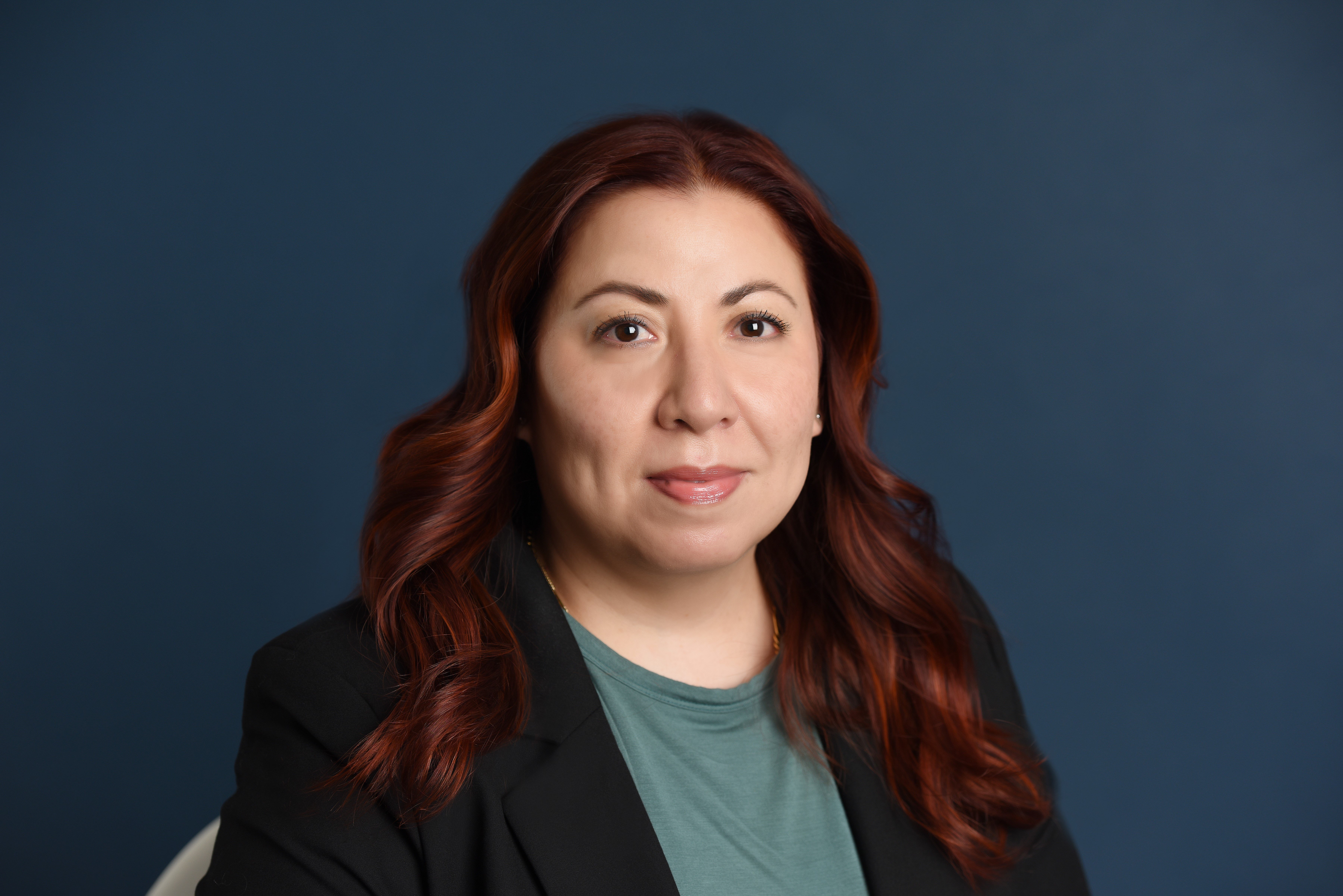
Let’s face it: being a newcomer in Canada can be difficult as you navigate the systems and processes of your new home.
Despite the promise of a more stable future, the immigrant’s journey is full of challenges — like adjusting to an unfamiliar culture, finding employment and somewhere to live, missing family back home, and potentially, learning a new language.
One challenge you might not expect? Adjusting to a completely new financial system that doesn’t recognize your years or decades of positive credit history.
On a recent episode of the Moolala: Money Made Simple podcast, Credit Canada CEO Bruce Sellery sat down to discuss some of these challenges with Jason Mullins, President and CEO of goeasy.
We’ll cover some highlights from the interview, discuss credit-building tips for newcomers, and showcase our free e-learning course, available in eight languages, to help newcomers learn how to establish credit in Canada.
The Main Challenge: Lack of Credit History
Canada has a rich history of welcoming newcomers from around the world, providing high-quality opportunities for prosperity and stability. Jason points out that immigration and cultural diversity are part of the Canadian story and economic future.
Yet our country is profoundly behind in some ways with its otherwise progressive immigration policy:
“Although Canada as a country has been progressive and welcoming with increasing the level of immigration here to our country, the financial system is lagging and hasn’t structurally caught up,” Jason shares.
For starters, credit bureaus don’t recognize credit history from the country a newcomer has immigrated from. Meaning? Newcomers have difficulty accessing credit, whether it’s a basic unsecured credit card or a mortgage.
“Much of the core traditional financial system… has not really built products and services yet that perfectly cater to that individual (newcomer),” explained Jason. “They come in, they often have had great credit history in the country they immigrated from, they often have financial means.”
The missing links?
- An understanding of Canada’s credit system
- Canadian credit history to access credit from traditional banks
Let’s fill in some of those blanks together.
How to Get Your Credit History Off to a Good Start
Credit-building as a newcomer is a process, but we’ve compiled an interactive e-learning program to help you overcome the challenge: Building Credit From the Ground Up: A Program for Newcomers. We’ve highlighted some of the key methods for getting your Canadian credit history up to a great start below.
1. Open a chequing or savings account with a bank or credit union.
Most traditional banks will offer newcomers a chequing and savings account, even if a credit card isn’t on the table yet. But once you have a solid history of deposits and paid bills with an account, that same bank is more likely to issue you a credit card down the line.
You might also explore credit unions specific to your culture or heritage, as their staff can offer more specialized financial advice and products to serve your needs.
While basic bank accounts don’t give you credit history, they’re an essential stepping stone for interacting with Canada’s financial system. Plus, innovative, alternative lenders like easyfinancial can leverage banking history in their credit assessment process.
“We’re trying to find ways to use other data sources that we can rely upon to better assess a newcomer’s true creditworthiness. We started using consumer banking data to be able to underwrite a borrower as opposed to just a traditional credit report or credit score,” said Jason.
Meaning?
easyfinancial can look at a newcomer’s banking history — how often they paid bills and how often they received income. Those are valuable insights to help easyfinancial comfortably offer credit to newcomers.
2. Apply for an unsecured credit card.
Credit cards are the fastest way to start building credit. But since it’s unsecured (not backed by any collateral), banks might be more hesitant to offer it as a product to newcomers without an established credit history. But here’s the thing: if you already have a bank account with a financial institution, they’ll see a history of your transactions in your bank account. If you pay your bills on time and show some income? They’re much more likely to offer an unsecured credit card, which you can then use to start building credit. These will be some of the first instances of positive payment history reported to the credit bureaus.
But if you can’t access an unsecured credit card?
3. Start with a secured credit card.
It’s less risky to lend someone money with collateral to back up the loan. Newcomers with limited credit history have opportunities to build initial credit with a secured credit card. They’ll have to back it with a deposit of money equivalent to the balance, but every transaction on that card will be reported to the credit bureaus.
Once you have a solid history of repayment on your secured credit card, your bank will be more likely to offer you an unsecured card.
Just remember: positive and negative history is reported to the credit bureaus. You do not want to miss any credit card payments and risk the chance of impacting your credit score negatively. Make sure you pay your balance in full every month and even opt for a low limit to minimize the risk of overspending.
Learn more about late credit card payments, their consequences, and solutions.
4. Get an internet or cell phone plan.
Credit card companies aren’t the only organizations that report to the bureaus. Most Canadian lenders will, including cell phone companies. Your monthly cell phone plan (non-prepaid plans) is also a great opportunity to build credit as a newcomer. But what if that big telecom financing plan dampers your budget too much? No need to go so big.
You can start with a cheaper package under $60 per month to keep expenses low while still building credit.
5. Apply to have rent payments reported to the credit bureaus.
Think of every bill you have each month. Grocery expenses are constant, but unfortunately, you can’t report that to the credit bureau unless you purchase through a credit card. The only similarly regular expense is rent — and while that’s not automatically reported to the bureaus, you can apply to have it recorded.
A few organizations offer rent reporting services — for example, Borrowell’s Rent Advantage. The program helps newcomers and other Canadians build credit history by reporting rent payment activity.
6. Learn about different types of credit.
Canadians have a wide variety of credit types that they can use to build a credit history.
In addition to the most common places to access credit mentioned above, there are other options, such as:
- Car dealerships (car loan)
- Alternative, non-bank lenders (personal loans, home equity loans)
- Government (student loans)
Build Credit as a Newcomer with Credit Canada
Credit-building for newcomers is no easy feat, but our interactive e-learning program can help you get on track with your finances as you embark on your new life in Canada!
Credit Canada’s certified credit counsellors are also available to answer your credit questions. A credit counselling session is confidential, non-judgemental and 100% free.
This blog has been sponsored by easyfinancial.
At easyfinancial we believe everyone deserves fair access to credit, and since our inception we have worked with customers like you to make that a reality. We provide financial relief and a second chance when banks aren’t an option.
We choose to see beyond your current situation and look towards your potential for a tomorrow that includes improved credit and financial stability.

Frequently Asked Questions
Have a question? We are here to help.
What is a Debt Consolidation Program?
A Debt Consolidation Program (DCP) is an arrangement made between your creditors and a non-profit credit counselling agency. Working with a reputable, non-profit credit counselling agency means a certified Credit Counsellor will negotiate with your creditors on your behalf to drop the interest on your unsecured debts, while also rounding up all your unsecured debts into a single, lower monthly payment. In Canada’s provinces, such as Ontario, these debt payment programs lead to faster debt relief!
Can I enter a Debt Consolidation Program with bad credit?
Yes, you can sign up for a DCP even if you have bad credit. Your credit score will not impact your ability to get debt help through a DCP. Bad credit can, however, impact your ability to get a debt consolidation loan.
Do I have to give up my credit cards in a Debt Consolidation Program?
Will Debt Consolidation hurt my credit score?
Most people entering a DCP already have a low credit score. While a DCP could lower your credit score at first, in the long run, if you keep up with the program and make your monthly payments on time as agreed, your credit score will eventually improve.
Can you get out of a Debt Consolidation Program?
Anyone who signs up for a DCP must sign an agreement; however, it's completely voluntary and any time a client wants to leave the Program they can. Once a client has left the Program, they will have to deal with their creditors and collectors directly, and if their Counsellor negotiated interest relief and lower monthly payments, in most cases, these would no longer be an option for the client.







